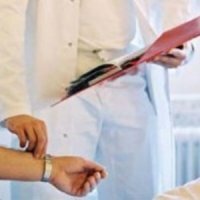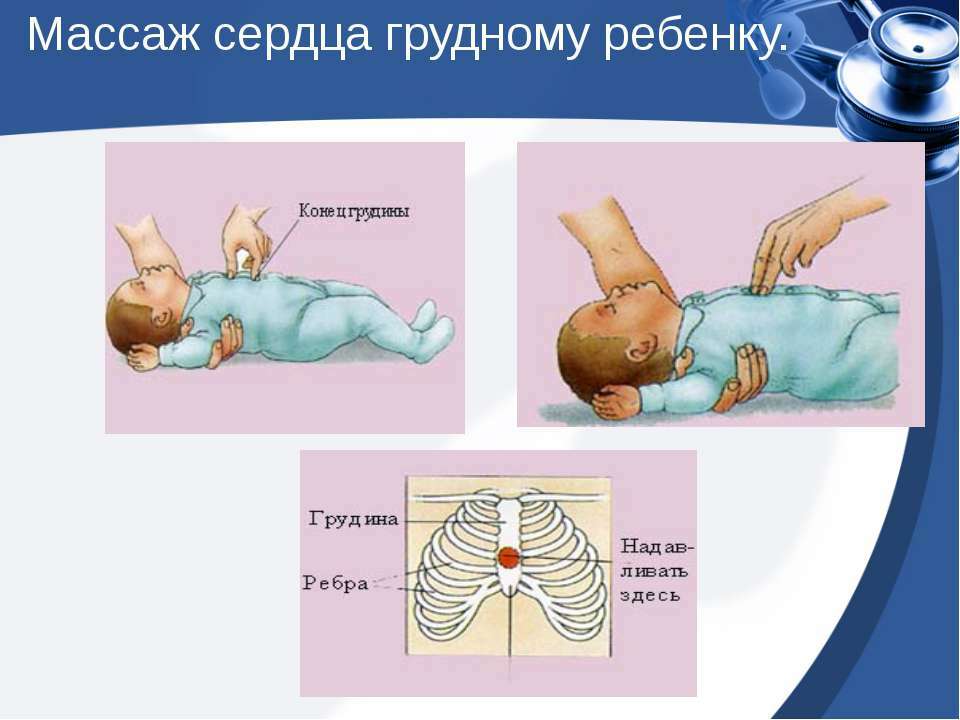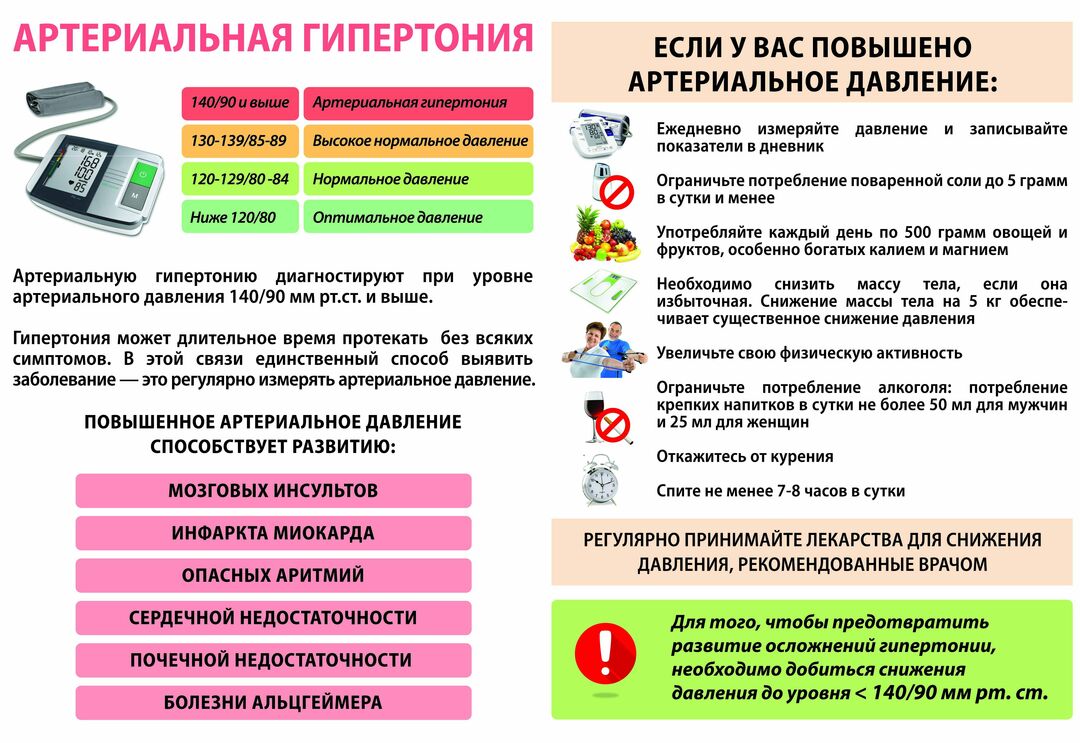Heart palpitations: how to treat

In medical practice the heart palpitations are called "tachycardia".It can appear for various reasons, and therefore it is necessary to treat it in different ways. There are such conditions that tachycardia should not be treated at all. In order to normalize your heartbeat, sometimes it's enough to just provide a proper rest or change your lifestyle, try to make it healthier. In some situations, a person simply needs to calm down.
Treatment of rapid heart rate is carried out in various ways. The market sells medicines that reduce the likelihood of the occurrence of paroxysms, their strength and duration. There are also non-medicinal methods, various folk remedies and several preventive measures.
The main category of drugs is sedatives. Exacerbations of the disease in the patient can be very different: some last for several minutes, while others last an hour or more. The intensity of these exacerbations is also very different. In any case, no matter what paroxysm and whatever medications are taken, the person should completely exclude the load from the beginning of the attack. Sometimes an attack of the disease requires immediate hospitalization. This happens when the sinus node is weakened. If the seizure is caused by processes that are not related to the sinus node or the ventricle of the heart, the patient is shown an urgent massage, which is aimed at stimulating the vagus nerve.
All of the above shows that tachycardia can have different symptoms and its therapy depends on the causes that caused it. Tachycardia can be paroxysmal or sinus. Paroxysmal such cardia, in turn, is divided into supraventricular and ventricular. Each of these forms of the disease must be treated in its own way. Below we will look at some forms of the disease and medications that must be taken in this case.
If the disturbance occurs in the ventricle of the heart, then at home, you can not treat. This is due to the fact that it is necessary to treat not an increased rhythm of the heartbeat, which is a consequence, but the violations themselves. Provide such treatment is possible only in stationary conditions.
For fast and maximum effective action of drugs, they must be administered intravenously. If the ventricular tachycardia, then the most common medicine for treatment in this case is lidocaine. Dosage: with intravenous administration, the first injection is 75 mg, then the dosage is reduced to 50 mg. Second and subsequent injections should be performed regularly and with mandatory monitoring of the electrocardiogram and pressure. The total dose of the medication should not exceed 300 mg. If the patient has a critical or severe condition, the doctor may additionally prescribe electroimpulse treatment.
If the cause of paroxysmal tachycardia is not the ventricles, then use another drug - etatsizin. The dosage of this drug is the same as for lidocaine, but the maximum total dose is 250 mg.
It should be borne in mind that only a specialist should determine the tachycardia, its shape and subsequently appoint a treatment. In various literary publications, there are methods for self-treatment, however, in fact, it is rather preventive measures, not therapy. These measures can really reduce the likelihood of an exacerbation of the disease, but if an attack occurs, these measures can no longer be helped, especially if the patient's condition is critical.
The list of such preventive measures includes the following:
- special exercises for relaxation( breathing exercises, relaxation techniques);
- a healthy lifestyle, with the exclusion of tobacco and alcohol;
- avoiding situations that lead to seizures( lack of physical exertion, psychological shocks, stress);
- the right beverages( it is necessary to exclude coffee from the diet, it is necessary to use sedative herbal teas, etc.)
Some people treat tachycardia with folk remedies - these are various decoctions that ensure the normal functioning of the heart. However, these funds also can not help in a critical situation.



